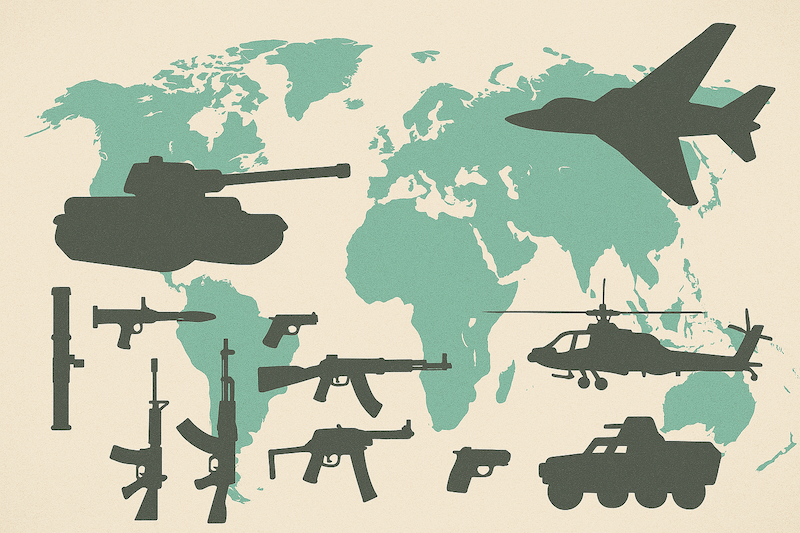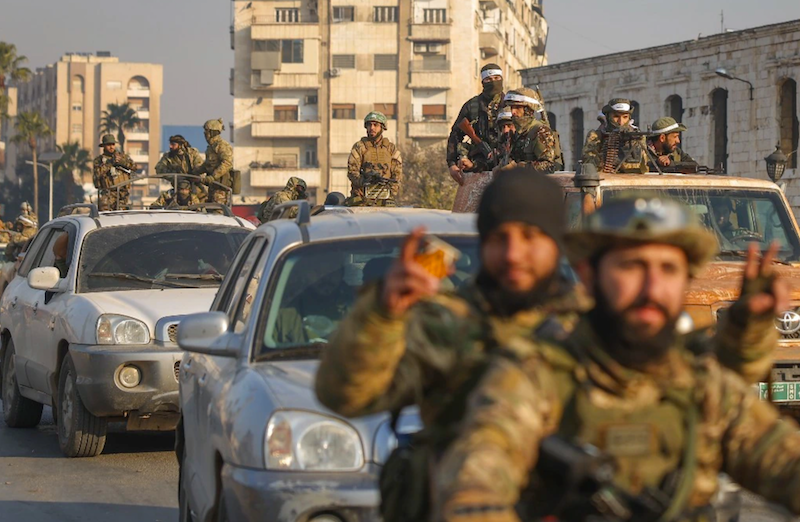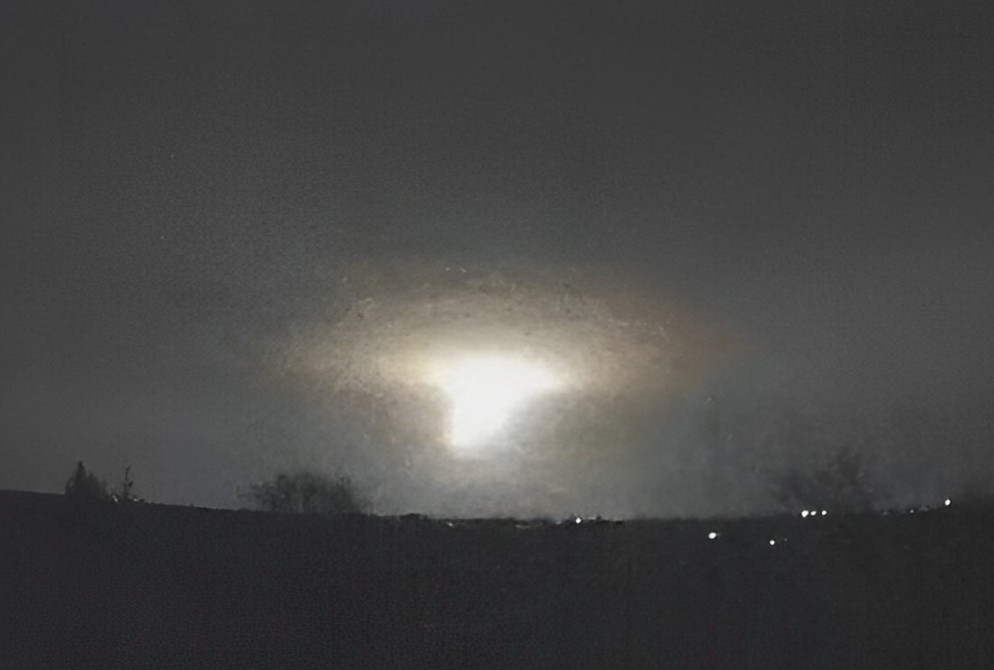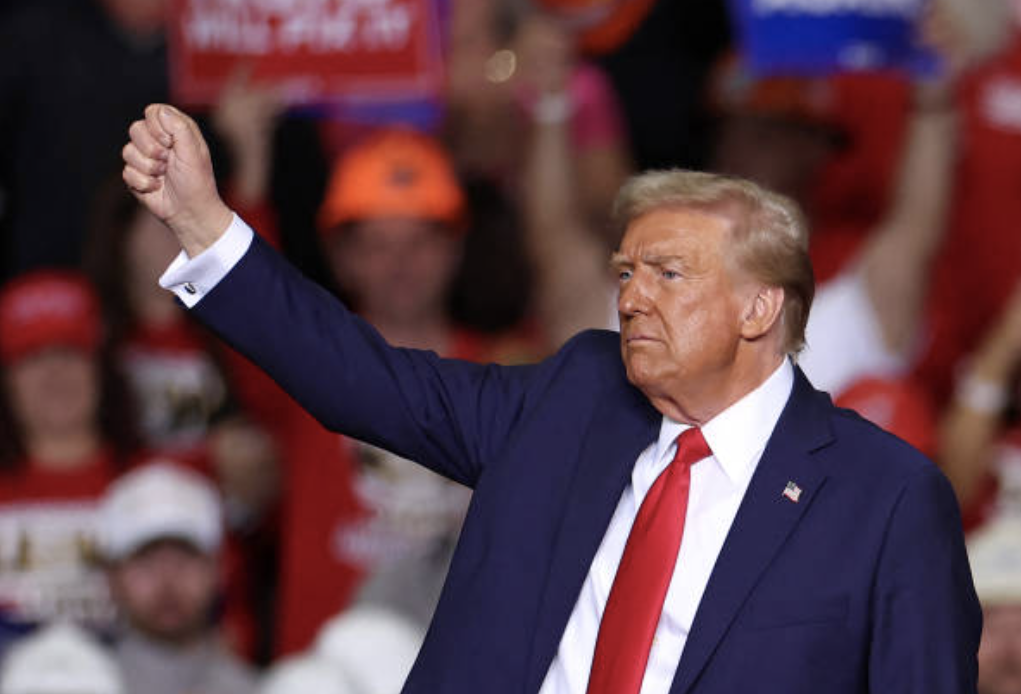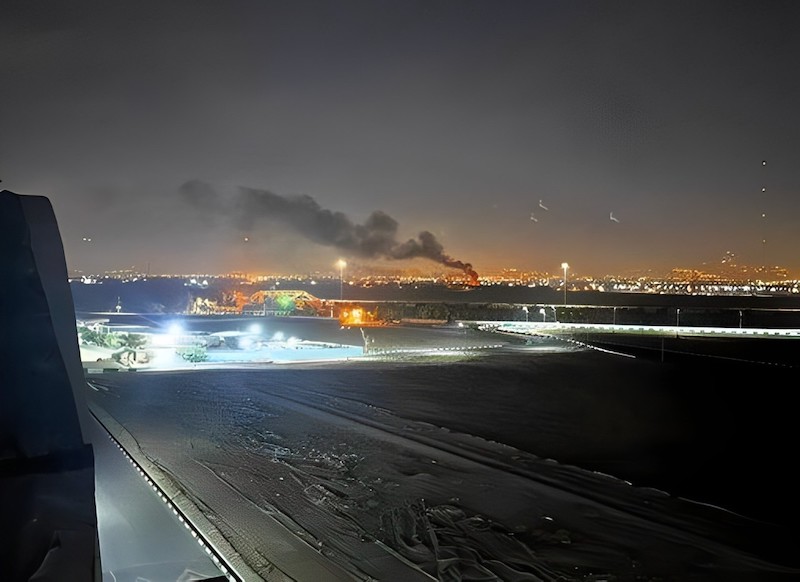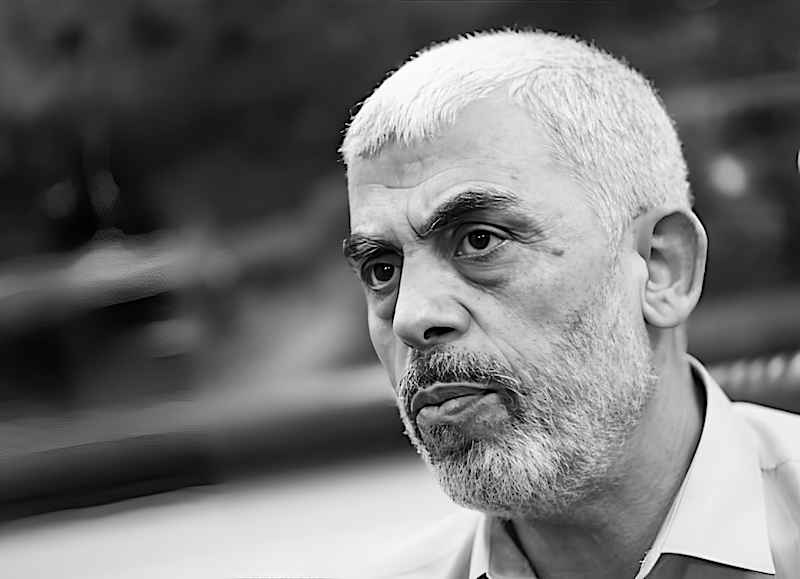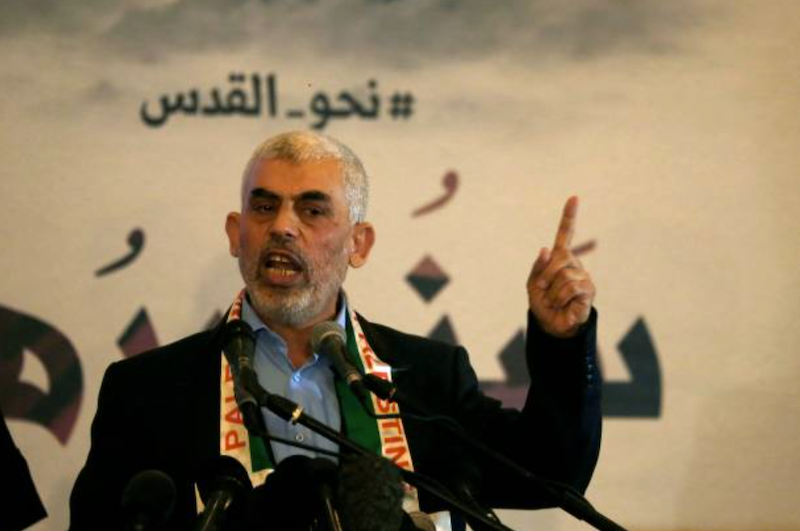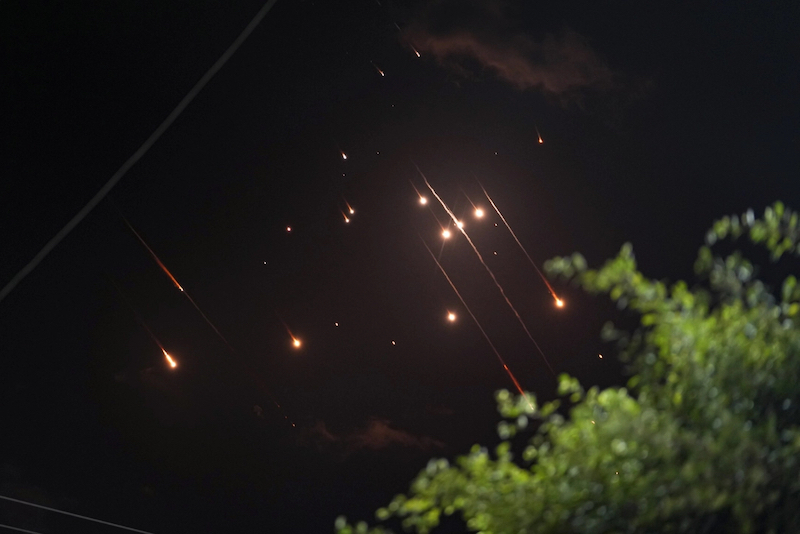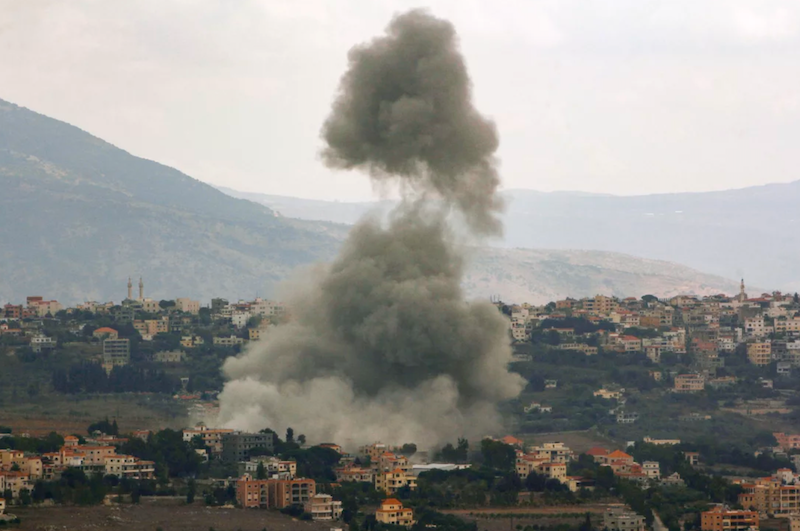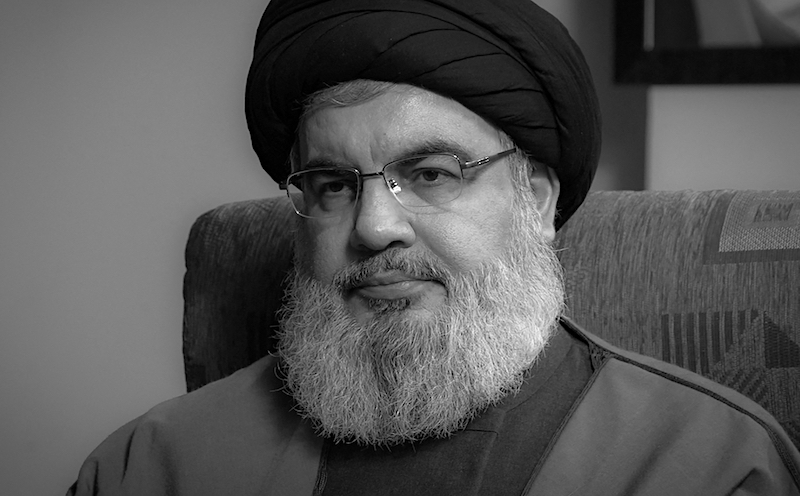 Hassan Nasrallah (August 31, 1960 – September 27, 2024)
Hassan Nasrallah (August 31, 1960 – September 27, 2024)
New Delhi: Hassan Nasrallah, the long-standing leader of Hezbollah, has been killed on Friday in an Israeli airstrike on the group’s headquarters in Beirut. Both Hezbollah and the Israel Defence Forces confirmed Nasrallah’s death on Saturday.
Friday’s strike also claimed the lives of several senior Hezbollah figures, including Ali Karki, commander of the group’s southern front, and also the Iranian Revolution Guard Corps deputy chief, Lieutenant General Abbas Nilforoushan, who was reported to be in a meeting with Nasrallah.
In a media briefing, the IDF said the strike targeted a command facility concealed beneath a residential building, which it called “a tactic Hezbollah has frequently employed” to shield its operations. Israeli officials stated that real-time intelligence allowed them to seize an operational opportunity.
According to media reports citing unnamed senior Israeli officials, Israel tracked Nasrallah for months before striking him. They said the IDF decided to target the Hezbollah chief believing they had but a brief opportunity before he slipped to another location. Israeli intelligence had his real-time location with “pinpoint accuracy”, they said.
This assassination follows a period of escalating tensions between Israel and Hezbollah. Although Israel’s aggressive stance against Hezbollah can be traced back to its invasion of Lebanon in 1982, the current phase of heightened conflict began nearly a year ago.
The conflict intensified markedly after the October 7, 2023, Hamas military raid into Israel, which sparked a broader confrontation between Israel and the so-called “Axis of Resistance”, comprising Hezbollah, Hamas, and other Iran-backed groups, including the Houthi militia in Yemen who have virtually blocked all Israel-linked ship from sailing in the Red Sea.
On October 8, Hezbollah started attacks with an aim to deter Israel from its bombing campaign against Gaza civilians. This ongoing conflict has seen both sides exchanging rocket fire and airstrikes, with significant civilian casualties and mass displacement of residents on both sides of the Israel-Lebanon border.
Nasrallah’s assassination marks the most recent in a series of assassinations and intelligence operations that started on July 30, when Israel eliminated Fouad Shukur, a high-ranking Hezbollah official. In the weeks that followed, other prominent figures met similar fates, including Ibrahim Aqil (who was also sought by the United States for his involvement in the 1983 bombing of the US embassy in Lebanon), Ibrahim Qubaisi, Ahmed Wahbi, and additional senior Hezbollah leaders.
In the days preceding Israel’s recent heavy airstrikes on Beirut and other Lebanese towns and villages, Lebanon was rocked by a series of explosions involving pagers and walkie-talkies used by Hezbollah members, as India Sentinels had reported. These devices, reportedly rigged to detonate remotely, caused significant casualties and were widely attributed to Israeli intelligence operations. The explosions, which killed at least 37 people and injured over 3,000, served as a prelude to the more direct military action that followed.
Nasrallah’s killing and likely repercussions
The assassination of Nasrallah marks a major moment in the Israel-Resistance war. It is expected to have profound implications for the region, and is likely to escalate tensions further, potentially leading to more aggressive actions from Hezbollah as it seeks to avenge its leader.
Nasrallah, who had led Hezbollah for over three decades, was a central figure in the group’s operations and its ideological stance against Israel. His death leaves a leadership vacuum that could either destabilize Hezbollah or lead to a more radical successor taking the helm.
For Israel, the strike represents a significant tactical victory but also a potential strategic risk. The removal of Nasrallah could destabilize Hezbollah, but it might also provoke a fierce retaliation, leading to a broader regional conflict. The ongoing war has already transformed the geopolitical landscape of the Middle East, and Nasrallah’s death adds another layer of complexity to an already volatile situation.
Although the global speculations on what might happen next vary, geopolitical observers mainly agree on two things that are most likely to happen after this development.
First, Hezbollah and its main backer, Iran, will start believing that Israel won’t stop unless it destroys Hezbollah and effects a regime change in Tehran. Therefore, they might launch an all-out attack on Israeli cities and sites of strategic and military importance. The second thing the observers are sure about is that the possibility of a ceasefire between Israel and the Resistance is all but over before a large-scale showdown between them.
Reactions on Nasrallah’s killing
Antonio Guterres, the UN secretary general, said he is deeply concerned by the “dramatic escalation of the events in Beirut in the last 24 hours” and urged for peace. In a post on X, he said: “I’m gravely concerned by the dramatic escalation of events in Beirut in the last 24 hours. This cycle of violence must stop now. All sides must step back from the brink. The people of Lebanon, the people of Israel, as well as the wider region, cannot afford an all-out war.”
Joe Biden, the US president, called the Nasrallah’s assassination by Israel a “measure of justice”. In a statement released by the White House, Biden said: “Hassan Nasrallah and the terrorist group he led, Hezbollah, were responsible for killing hundreds of Americans over a four-decade reign of terror. His death from an Israeli airstrike is a measure of justice for his many victims, including thousands of Americans, Israelis, and Lebanese civilians.”
Biden’s deputy and Democratic Party candidate for the US presidential election, Kamala Harris, echoed Biden’s sentiments in a statement.
However, Russia strongly condemned the assassination of the Hezbollah leader. In a statement, the Russian foreign ministry said: “This is yet another political assassination committed by Israel, and Russia condemns it with great resolve. This forceful action has the potential to entail even more dramatic consequences for Lebanon and the Middle East in general.”
It then added: “Israel was definitely aware of this danger. Nevertheless, it took this step and started killing Lebanese citizens, which will almost inevitably provoke a new outburst of violence. Therefore, it bears full responsibility for the ensuing escalation.”
Meanwhile, the Israeli prime minister, Benjamin Netanyahu, said the killing of Nasrallah was a historical turning point that could change the balance of power in the Middle East. In a televised address to his country, he said: “If someone rises up to kill you, kill him first. Yesterday, the State of Israel eliminated the arch-murderer Hassan Nasrallah.”
Netanyahu then said, “Nasrallah was not a terrorist, he was the terrorist,” adding, “Nasrallah’s killing was a necessary step toward achieving the goals we have set, returning residents of the north safely to their homes and changing the balance of power in the region for years to come.”
The Israeli prime minister also said: “He [Nasrallah] wasn’t merely activated by Iran. In many cases, he activated Iran.”
Iran, Hezbollah’s main backer, reacted strongly to Nasrallah's assassination. In a series of posts on X, Iran’s supreme leader, Ayatollah Ali Khamenei, said: “Sayyid Hassan Nasrallah was martyred while busy making plans for defending the defenceless people of Beirut’s Dahiya neighbourhood – the same way for tens of years he had planned, strategized, and fought for the oppressed people of Palestine & their occupied cities & villages.”
Warning Israel, he said: “By the grace and power of God, the blows struck by the Resistance Front on the worn-out, deteriorating body of the Zionist regime will become even more crushing.” Khamenei then added: “The foul-natured Zionist regime has not become victorious by carrying out this atrocity.”
Khamenei also declared a five-day mourning in Iran.
Who was Hassan Nasrallah?
Hassan Nasrallah was born in Beirut on August 31, 1960, and was the eldest of nine children in a Shia family. His father ran a small greengrocer’s in the city’s eastern Bourj Hammoud neighbourhood. Nasrallah joined the Amal movement, a Shia militia, during Lebanon’s civil war in 1975. He later split from Amal to form Hezbollah in 1982, along with Subhi al-Tufayli and Abbas al-Musawi with significant support from Iran’s Revolutionary Guards.
Nasrallah became the leader of Hezbollah in 1992 after his predecessor, Abbas al-Musawi, was assassinated when Israeli Apache helicopters fired missiles at his three-vehicle motorcade.
Under Nasrallah’s leadership, Hezbollah evolved from a militia into a powerful paramilitary and political force in Lebanon. The group has been involved in numerous conflicts with Israel, including the 2006 Lebanon War. Due to Hezbollah’s global campaign of killing Israel-linked people and bombing of Israel-linked properties, the group has been designated a terrorist organization by several countries, especially in the west.
Nasrallah was known for his fiery rhetoric and his ability to mobilize support not only among Lebanon’s Shia population, but Sunnis, Christians, and other religious and ethnic groups as well. He maintained close ties with Iran and played a key role in training fighters from other militant groups, including Hamas.
Despite being a target for assassination, Nasrallah managed to evade numerous attempts on his life – until now.

